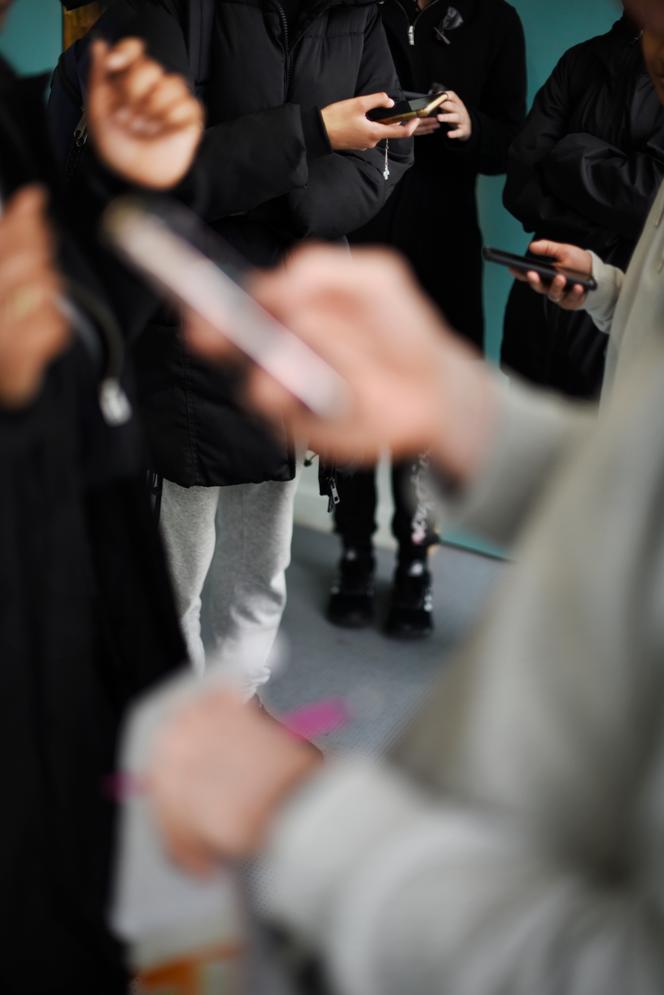


The report by the expert committee appointed by President Emmanuel Macron in January to assess the impact of young people's screen exposure was eagerly awaited. The committee presented its findings on Tuesday, April 30, after more than three months of work. The omnipresence of screens and their effects on health are causing concern, even at the highest level of government, and the French president gave the government one month, on Wednesday, May 1, in a message on X, to "review these recommendations and translate them into action."
In the 142-page report, entitled "A la recherche du temps perdu" (In Search of Lost Time), the 10 specialists reviewed the scientific literature, interviewed around a hundred experts and practitioners, and met 150 young people. While acknowledging "the advantages of these tools, which are capable of emancipating children, giving them easier access to knowledge," they express concern and issue a warning from the outset: "We must adopt a truthful discourse to describe the reality of children's excessive online connections and the consequences for their health, development, future, and also for our own future."
"There is a clear scientific consensus on the adverse effects of screens on several aspects of children's and adolescents' physical health," the report states. The experts insist on the need for collective reflection: "From parents to teachers, content creators and government agencies, it is society as a whole that needs to get involved." Although they claim to be cautious, their words are often strong, and their bold proposals aim to leave a lasting impression.
Digital technology is everywhere, with an average of no fewer than 10 screens per household. This phenomenon was exacerbated during the Covid-19 pandemic. While guidelines for proper usage have long been established by experts, they are not always known, and children's exposure time far exceeds the recommendations issued, both in France and internationally. The 2024 study on young people and reading carried out by the Ipsos Institute for the National Book Center and cited in the report shows that young people aged seven to 19 spend an average of three hours and 11 minutes on screens every day. This is time taken away from play and reading.
The committee is concerned about the health consequences, as described by scientific literature and numerous experts. But these warnings are often ignored. "We have been disturbed by the strategies to capture children's attention, turning them into a commodity for monetization, and concerned by certain representations, particularly of women," said psychiatrist and addiction specialist Amine Benyamina, co-chair of the expert panel.
You have 71.61% of this article left to read. The rest is for subscribers only.
